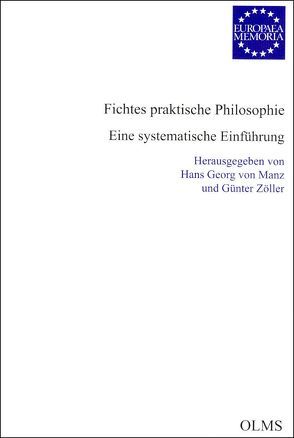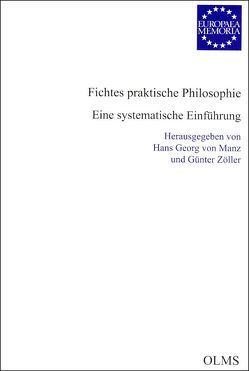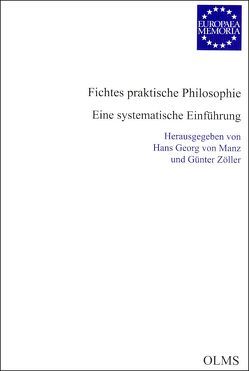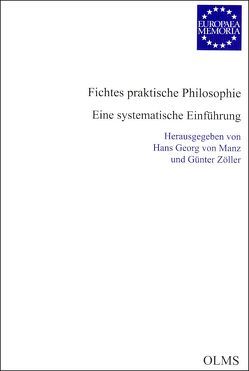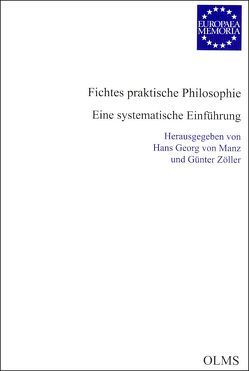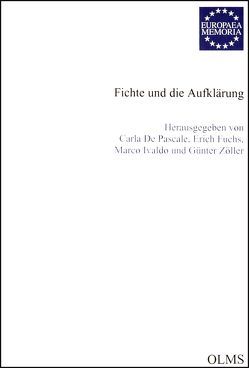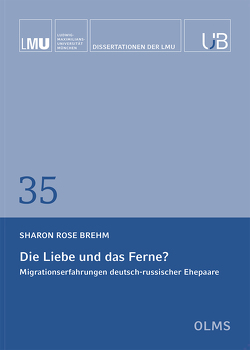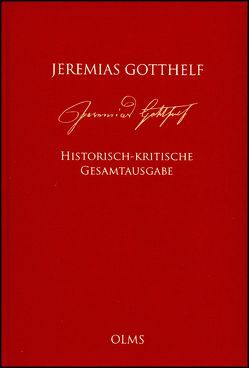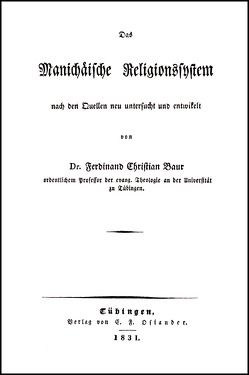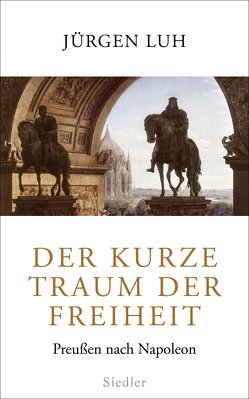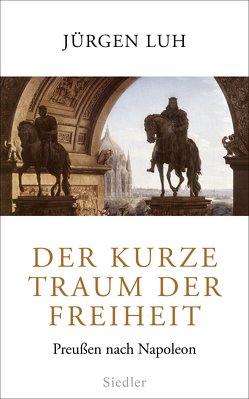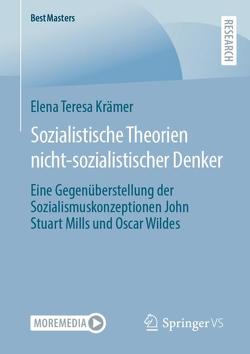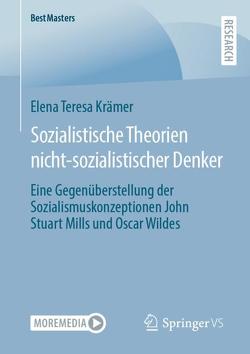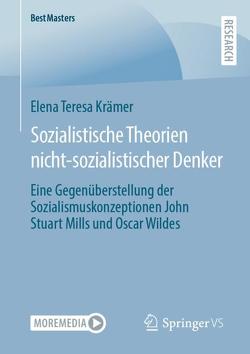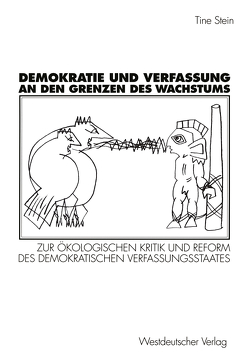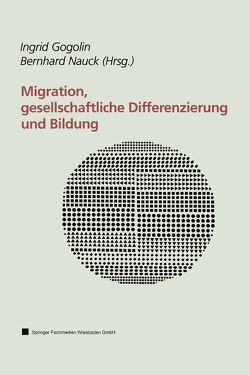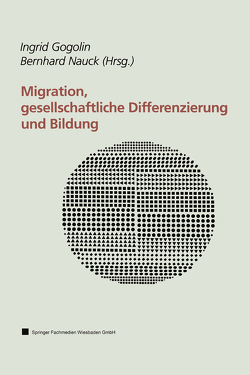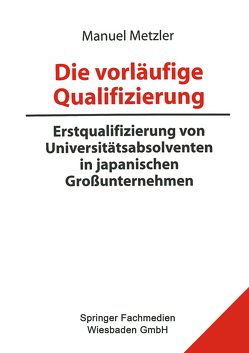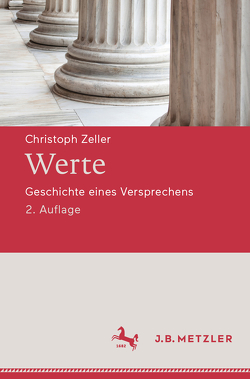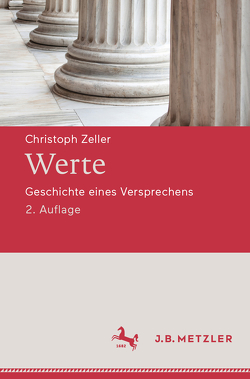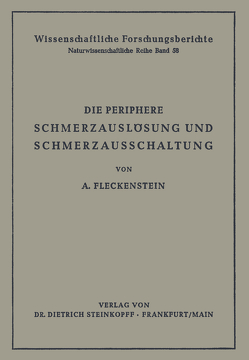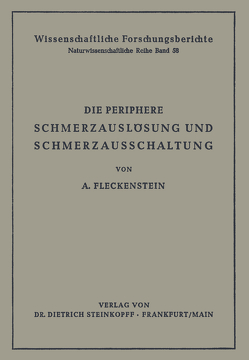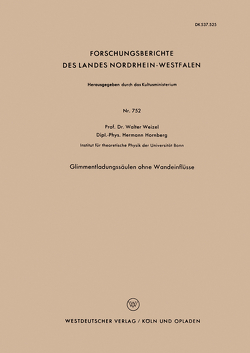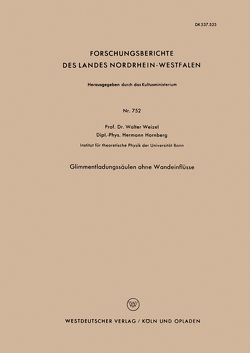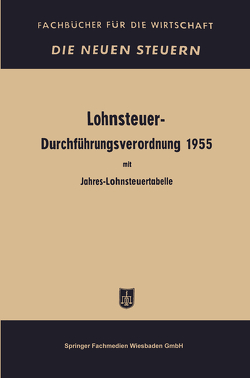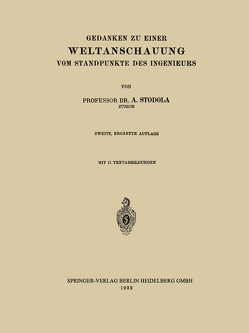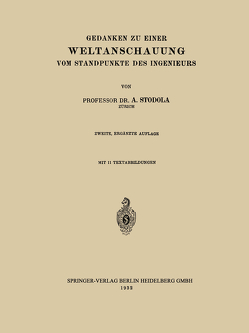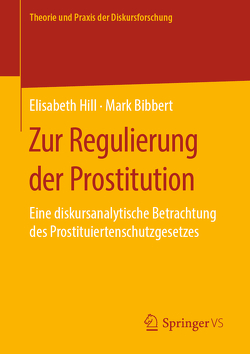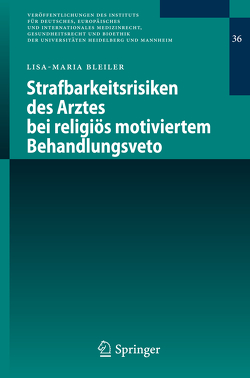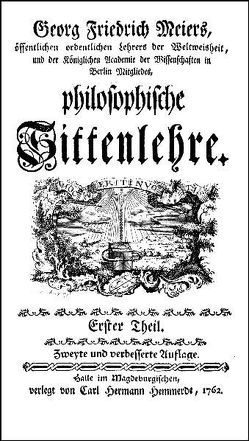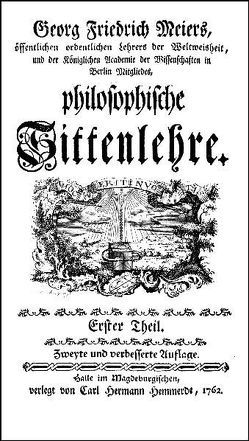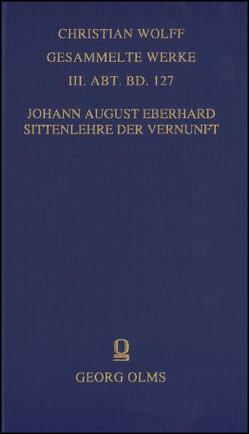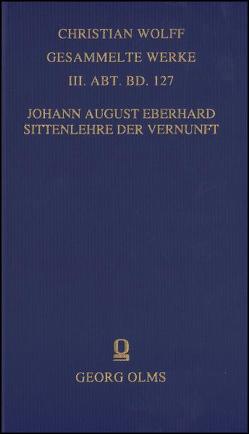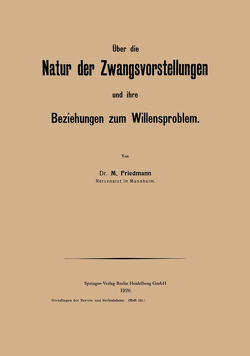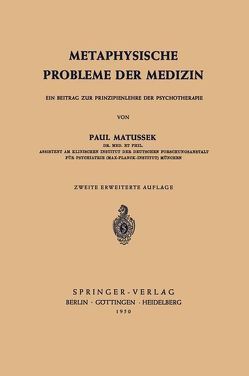Fichtes praktische Philosophie
Eine systematische Einführung.
Hans Georg Manz, Günter Zöller
Johann Gottlieb Fichte (1762–1814) hat seine Philosophie unter den Arbeitstitel des „ersten Systems der Freiheit“ gestellt. Philosophische Theorie soll aus dem Leben begründet und auf das Leben bezogen sein. Denkerische Abstraktion und Reflexion hat intrinsischen Bezug auf gesellschaftliche Praxis. Im Mittelpunkt dieser eminent praktischen Philosophie steht die Grund¬überzeugung von der Bestimmung des Menschen zu freier Selbstbestimmung. Dabei vertritt Fichte durchweg die soziale Verfaßtheit menschlicher Existenz und fragt nach den vernünftigen Normen von ökonomischer, rechtlicher, moralischer und religiöser Gemeinschaftlichkeit. Die Begeg¬nung mit Fichtes praktischer Philosophie vermag Anstöße und Anregungen zu ver¬mitteln für die kritische Reflexion auf den Stellenwert von Freiheit und Gemeinschaft in der gegenwärtigen Gesellschaft.
***************
Johann Gottlieb Fichte (1762–1814) gave his philosophy the working title of the „first system of liberty“. Philosophical theory was to be based on life, and it was to refer to life. Philosophical abstraction and reflection are intrinsically linked with social practice. At the centre of this eminently practical philosophy is the fundamental conviction that human beings are intended to exercise free self-determination. Consis¬tent in his belief that human existence is constructed socially, Fichte inquires about the rational standards of economic, legal, moral and religious community. The con¬frontation with Fichte’s practical philoso¬phy is able to give impulses and ideas for the critical reflection of the status of liberty and community in today’s society.
